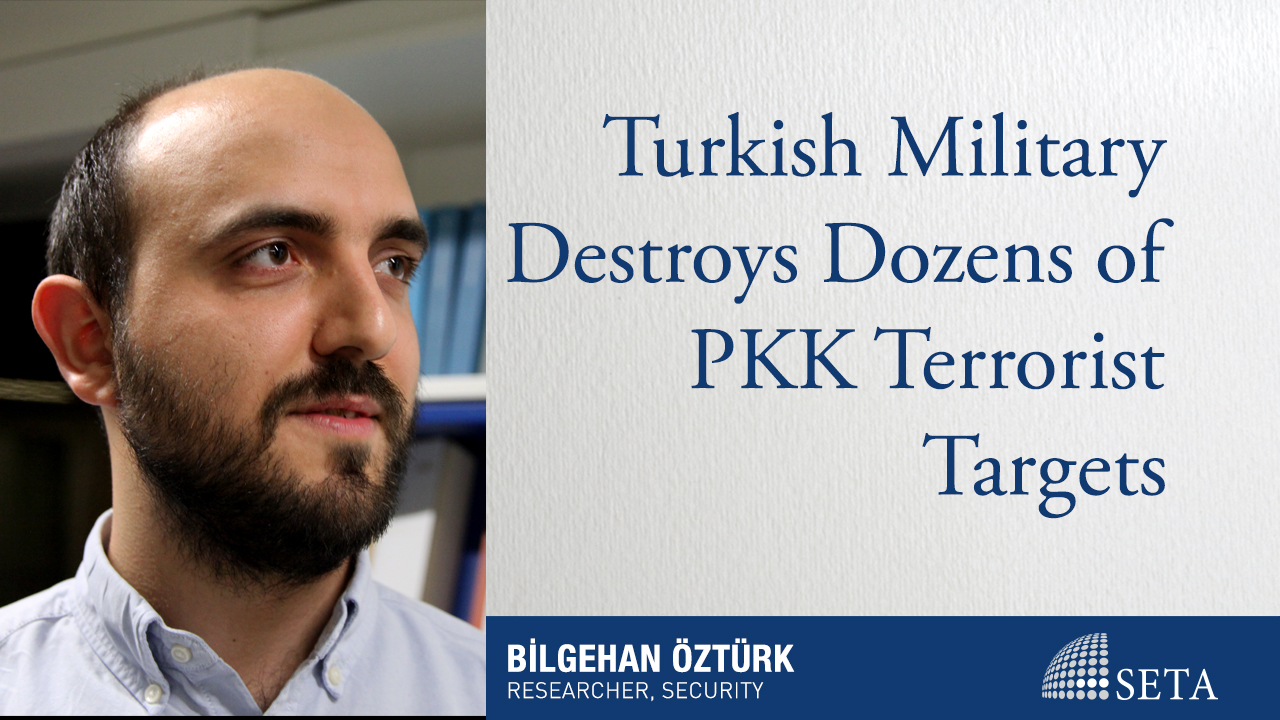Given the quest of the Turkish Republic for building a new nation, the law and the judiciary have been cast the role of protector and founder since the establishment of the Republic. As a matter of fact, the state attempted to legitimize, through legislative and constitutional regulations and the judiciary, all policies towards designing the society, removing differences and building a homogenous nation. In brief, legislation and judiciary in Turkey have served to safeguard interests of the state rather than protecting rights and freedoms of citizens and ensuring social justice. The judiciary took sides with those supporting coup and memoranda even during the interim regime periods while those supporting military coups empowered the judiciary through the constitutions and laws they enacted. In a nutshell, the judiciary became the most crucial guardian of the tutelage. Consequently, the judiciary has always provoked discussions and the need for radical reforms in the judiciary has arisen.
In this context, legislation and legislative structure have undergone significant changes and reforms. These reforms, though sometimes carried out in order to strengthen the rule of law, prioritized consolidating the tutelary power of the judiciary in general and the state rarely implemented reforms in order to extend and protect individual rights and freedoms. People began to express the need for reforms in order to protect human rights more often since Turkey accepted the right to individual petition to the European Court of Human Rights in 1987. However, regulations on strengthening democracy and rule of law, extending and protecting individual rights and freedoms were mainly introduced within the scope of the European Union (EU) harmonization process.
STRATEGIC ACTION PLAN
When EU harmonization packages introduced in the 2000s are analyzed, it comes in sight that same laws and articles are included in several harmonization packages. There are two main reasons lying behind this continuous re-harmonization. First of all, bureaucratic elites have attempted to save the day, rather than implementing fundamental and real reforms, and give the image that they are carrying out reforms. Second of all, political cadres have failed to do their homework. Consequently, problems and the need for reform still remain although numerous reforms have been introduced for more than a decade.
In 2009, the state prepared the “Judicial Reform Strategy and Action Plan” and began to address judicial reforms, for the first time, within the framework of a strategy. Given that 70 percent of the targets set in the Plan were met, the Plan was updated and a new strategy draft was announced in September 2012. “Prevention of human rights violations related to judicial practices and legislation and raising human rights standards” was set among objectives in the draft. During this strategic process, the constitutional reform package—which was accepted in a referendum held on September 12, 2010—was the first significant intervention to tutelary judicial system.
Because there is not a precise definition for terrorism, rights are arbitrarily restricted in the name of fight against terrorism and a high number of complaints are filed against Turkey at the European Court of Human Rights (ECtHR). The 4th judicial package aims to put an end to this.
The package paved the way for the democratization of the administrative structuring of the judiciary by amending the Constitutional Court and the Supreme Board of Judges and Prosecutors, and took steps towards reducing the workload of the judiciary. In 2011 the 1st and 2nd and in 2012 the 3rd judicial package became law. These packages included improvements in human rights but yet they were mainly enacted in order to render judicial bodies more efficient, effective and faster. These packages yielded results in a short period of time and the number of the cases pending before higher judicial bodies decreased. According to the statements of the









